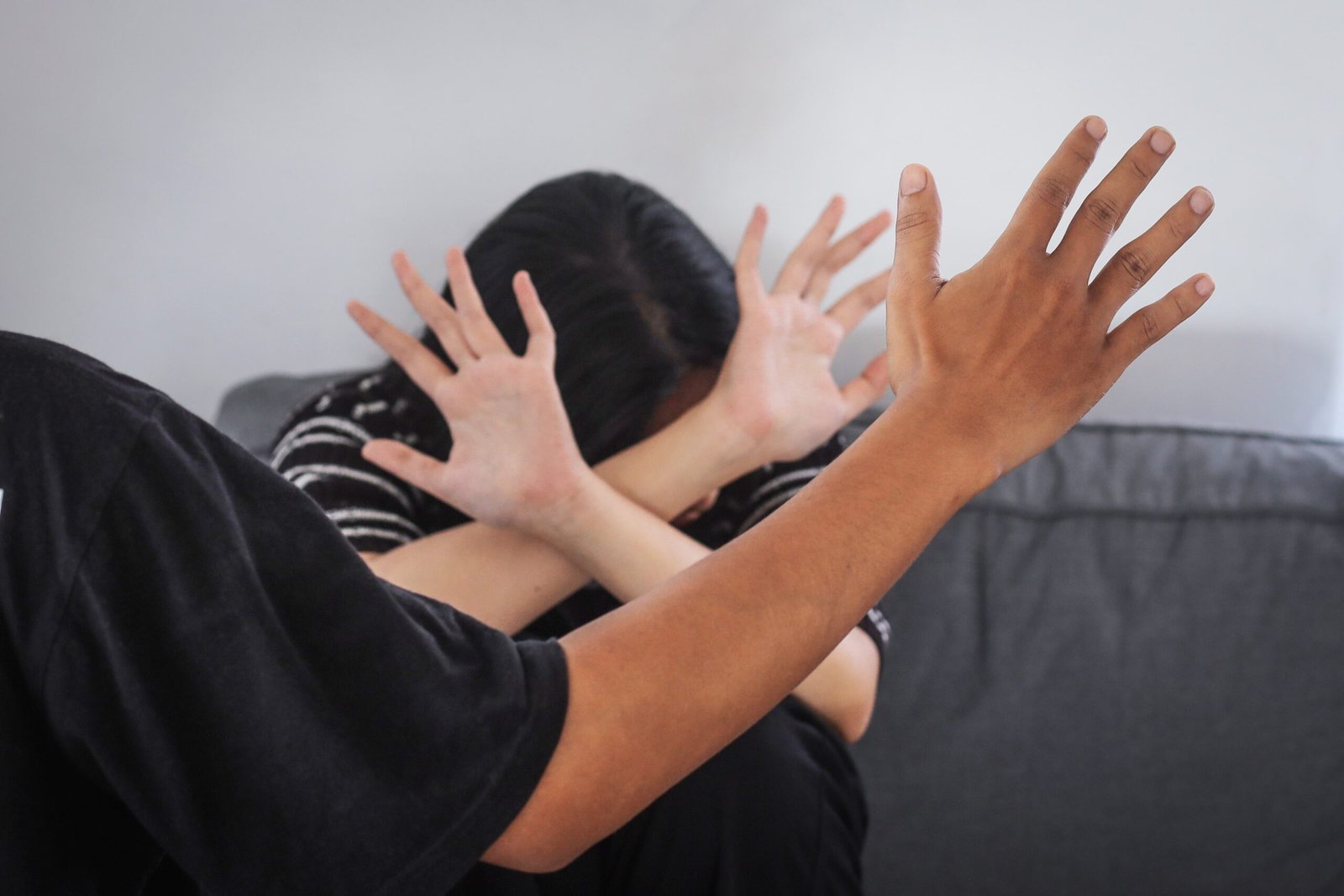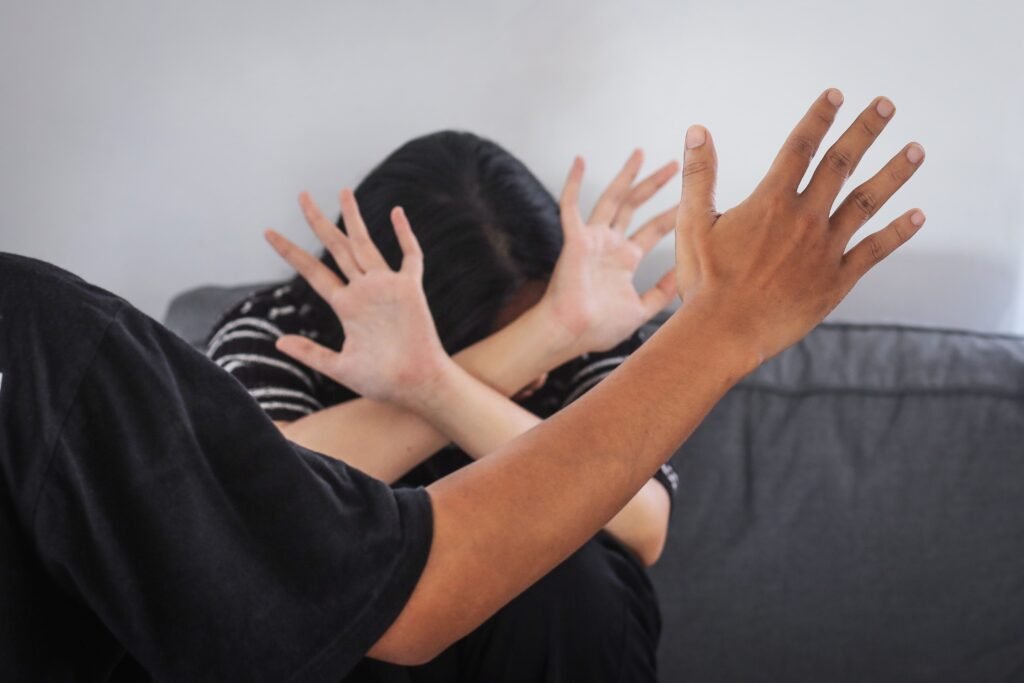Domestic Violence



Practice Areas
- Criminal Defense
- DUI / OWI Defense
- Drug Crimes
- Domestic Violence
- Juvenile Defense
- Expungement
Dearborn Domestic Violence Defense Lawyer
Accused of Domestic Violence? We Are Ready to Defend You.
Facing a domestic violence charge in Dearborn is both stressful and serious. A conviction can affect your career, relationships, housing, and even your ability to spend time with your children. If you have been accused, you need to know your rights and act quickly to protect your future.
At M Criminal Law, we represent clients throughout Dearborn and Wayne County with strong, strategic legal advocacy. We understand how emotional and complex these cases can be — and we are here to help.
📞 Call (313) 566-4802 today for a free and confidential consultation.

What to Do If You Are Accused of Domestic Violence
Stay Calm and Remain Silent
If you are arrested or accused, do not argue or attempt to explain yourself. Stay calm, follow police instructions, and remain silent until you have spoken with your attorney.
Do Not Contact the Alleged Victim
Avoid all contact with the alleged victim, particularly if a Personal Protection Order (PPO) is in place. Attempting to reach out — even with good intentions — could result in additional charges.

How to Protect Yourself After a Domestic Violence Arrest
✅ Contact a domestic violence defense attorney immediately
✅ Follow all court orders carefully
✅ Refrain from posting on social media
✅ Preserve any evidence that could help your case
✅ Avoid discussing the incident with anyone except your lawyer
Types of Domestic Violence Charges in Michigan
Assault and Battery
Assault refers to threatening harm, while battery involves making physical contact. These charges often apply within family or household relationships, such as between partners or relatives.
Aggravated Domestic Violence
This charge involves causing serious injury or using a weapon. It is more severe than basic assault and often results in felony charges.
Personal Protection Order (PPO) Violations
If you are accused of violating a protection order, you may be arrested even if your primary case has not yet gone to trial.
Child Abuse or Child Exposure
If a child is present during the incident, you could face additional charges — even if the child was not physically harmed.

The Criminal Process in a Domestic Violence Case
Understanding the criminal process helps you remain informed and prepared. Key stages include:
Arrest: Law enforcement takes you into custody based on probable cause.
Booking: Your personal details, photograph, and fingerprints are recorded.
Arraignment: Charges are formally read in court, and you enter a plea.
Pretrial Phase: Both sides gather evidence, negotiate, and prepare for trial.
Trial: We present your defense, challenge the prosecution’s claims, and pursue an acquittal.
Verdict: A judge or jury decides the outcome of your case.
Sentencing: If convicted, penalties such as incarceration, fines, or probation may be imposed.
Appeal: We may challenge errors made during trial or sentencing.
Penalties for Domestic Violence in Michigan
| Offense | Jail Time | Fines | Notes |
|---|---|---|---|
| 1st Offense (Misdemeanor) | Up to 93 days | Up to $500 | May qualify for dismissal program |
| 2nd Offense | Up to 1 year | Up to $1,000 | Increased penalties apply |
| 3rd Offense (Felony) | Up to 5 years | Up to $5,000 | Felony record, prison time |
Loss of custody or parenting time
Mandatory counseling
Community service obligations
Permanent criminal record
Immigration consequences (for non-citizens)
Long-Term Effects of a Conviction
A domestic violence conviction can follow you for life. It may make it more difficult to:
Obtain employment or pass a background check
Rent a home or apartment
Maintain personal or professional relationships
Spend time with your children
Retain or regain custody in family court proceedings
Can These Charges Be Defended?
Yes. In many cases, strong legal defenses are available.
Common Defense Strategies
You acted in self-defense
The accusations were false or exaggerated
There was no intent to cause harm
The evidence was weak or inconsistent
Law enforcement violated your rights during the arrest
How a Domestic Violence Lawyer Can Help
At M Criminal Law, we create personalized defense strategies by:
Reviewing police reports and all available evidence
Conducting a thorough investigation of the circumstances
Challenging weak or unlawfully obtained evidence
Speaking with witnesses or obtaining character references
Filing motions to reduce or dismiss charges
In some cases, we may negotiate a plea agreement that avoids incarceration or reduces the severity of the charge. We will explain your options clearly and fight for the most favourable outcome.
We can also connect you with counselling or rehabilitation programs. Successfully completing these programs may demonstrate to the court that you are taking responsibility, which could lead to reduced penalties or alternative sentencing.
Will This Affect My Custody Rights?
Yes. If you are going through a divorce or custody case, a domestic violence charge can impact parenting time. The court may restrict your ability to visit or care for your children.
Our legal team can help you protect your parental rights while defending your criminal case.
Do Not Face These Charges Alone
Domestic violence charges are serious, and time is not on your side. You need an attorney who understands Michigan law, the local courts, and how to protect your rights.
📞 Call M Criminal Law at (313) 566-4802 today for a free and confidential consultation. We are available twenty-four hours a day, seven days a week, to help you safeguard your freedom and your future.

Frequently Asked Questions About Domestic Violence
No. Only the prosecutor has the authority to dismiss a domestic violence case, even if the alleged victim changes their mind.
You can still be charged based on the alleged victim’s statement alone. However, the absence of physical evidence may strengthen your defense.
Possibly. If the court issues a Personal Protection Order (PPO) or no-contact order, you may be required to leave your residence.
Not always. First-time offenders may qualify for diversion programs or alternative sentencing options that keep the charge off their record. An attorney can help you explore these possibilities.
It depends on court orders. Restrictions may apply, but your attorney can work to protect your custody and parenting rights throughout the process.
